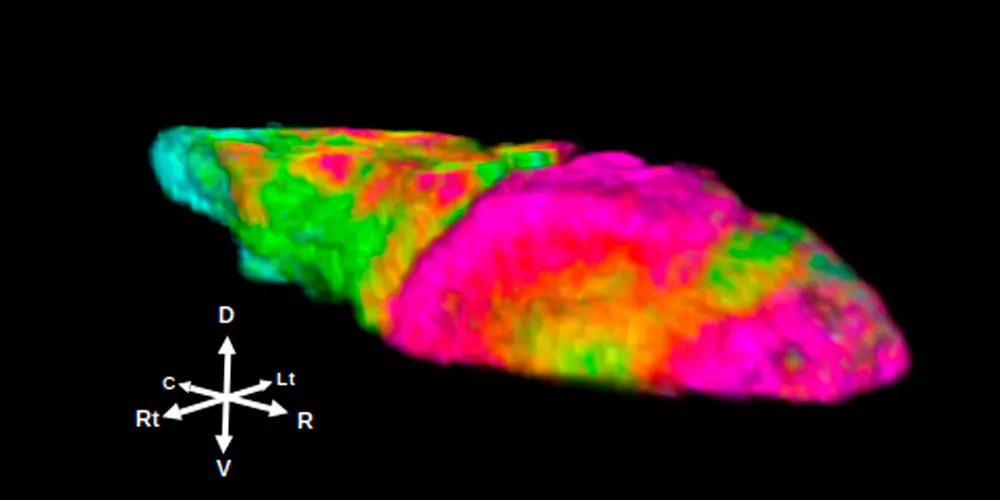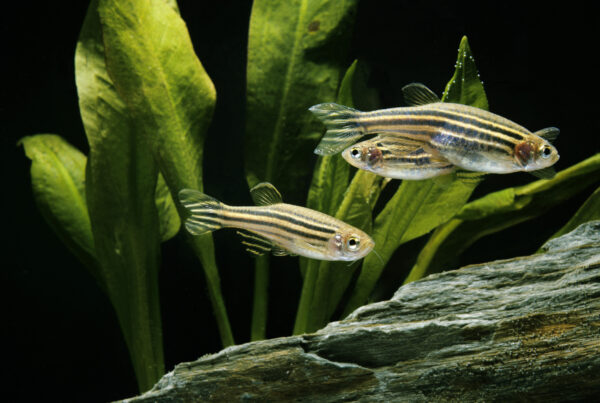Fast Volumetric Imaging (zebrafish)

Problems
Working on excitable tissues such as neural networks, to obtain a very rapid volumetric recording of a network and see how an electrical signal propagates in the space of the network, requires very fast volumetric imaging of electrical activity.
Technology
The technology is based on linear and non-linear microscopy able to acquire a signal correlated with electrical activity, for example signals proportional to the density of Calcium Ions, with a very high signal-to-noise ratio and capable of guaranteeing a very fast volumetric recording.
Outcomes and impact
A fast volumetric recording of the electrical activity allows seeing how the microcircuits organize themselves in terms of synchronization between neurons. These network activities can then be related to specific behaviours of the animal model under study.
More details
This research line is dedicated to the development of experimental approaches for high-speed volumetric imaging and to their application to answer biologically-relevant questions.
In particular, we developed a new custom-made two-photon light-sheet microscope and optimized it for high peak power of excitation light, while finely controlling its polarisation and implementing remote scanning of the focal plane to record without disturbing the sample. In this way, we obtained unparalleled temporal resolution, while keeping cellular spatial resolution. Ongoing technical development is pursued to continuously improve the performance of the experimental setup.
We apply this microscope to study zebrafish physiology and pathology. In particular, we were able to record whole-brain neuronal activity of the zebrafish larva with high temporal- and spatial-resolution during the nocturnal phase of the circadian rhythm without affecting its sleep state. Moreover, we studied the fast dynamics that characterize the acutely induced pathological epileptic activity of the zebrafish larva identifying drug susceptibility patterns. We are currently expanding our experimental activity also to other physiological and pathological aspects of the zebrafish organism relating, but not limited to, the nervous system.











